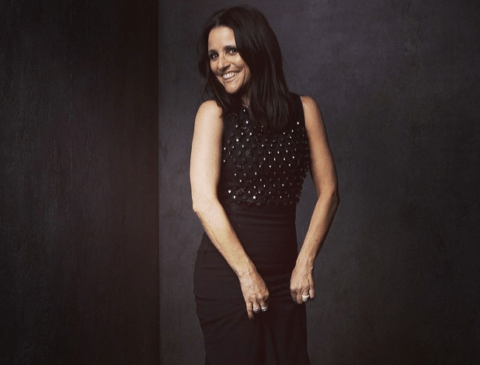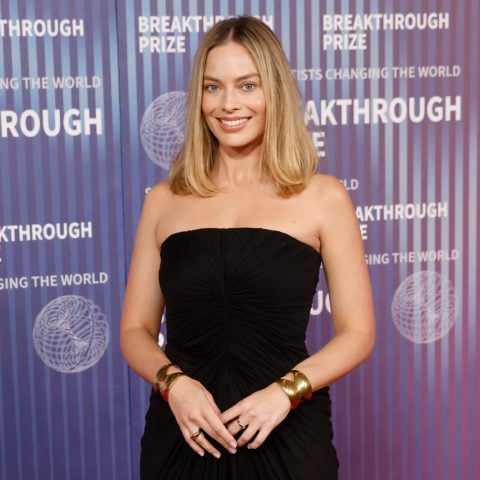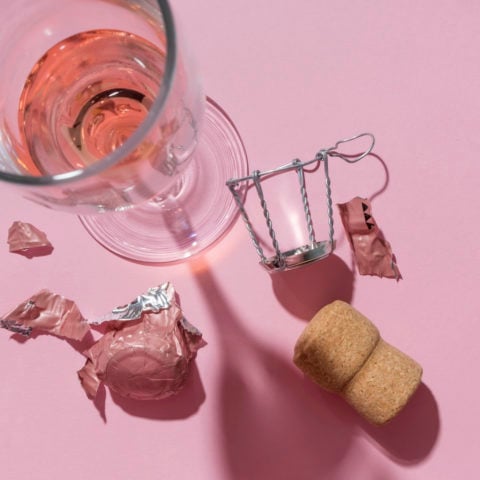Why the Beauty Industry’s Overuse of the Term “Anti-Aging” is Annoying as Hell

As a beauty writer, I get so many products that are labelled “anti-aging” and I am tired of it. I don’t know who made the decision to use it as a blanket term, but somehow that’s the only term ever used anymore. I imagine because it’s effective. Many women have become so frightened by society’s abhorrence of visible signs of aging that they welcome anything that claims to stop time. I propose that instead, we view the term with skepticism and a twinge of annoyance–maybe even a little bit of anger. Not at the products themselves, but at the anti-aging label they bear.
Even Hollywood actresses are speaking up against it. Julia Louis-Dreyfus said to NewBeauty Magazine, “I hate that word, [anti-aging]! It should be something positive, like pro-aging.” I agree with her wholeheartedly. I don’t view aging as a negative thing. I’m only 25 right now so perhaps I’m biased. I enjoy the benefits of youth. I haven’t seen any wrinkles or grey hairs (yet). But I like to think that I’ll be able to resist being tricked into feeling bad about my appearance as I age. I don’t want to wake up one morning in a panic because I have visible laugh lines. I don’t want to sink my money into products that promise to hide my age instead of celebrating it.
Tavi Gevinson is close to my age and shares my views on anti-aging: “I’m more worried about anti-aging than I am about aging. I just really don’t want to be someone who’s afraid of aging because you can’t do anything about it unless you die. So you’re fighting a losing battle. It’s not that I’m afraid of being old. I’m afraid of being someone who’s like, “Remember when I was young?”…I’m more scared of becoming that than being like, “Hello, yes, I am an older person so I have wrinkles.”
Aging happens. There’s literally no point in being against it. Nora Ephron was the queen of dealing with aging with a sense of humour and honesty. In her book I Remember Nothing: And Other Reflections, she says, “In these days of physical fitness, hair dye, and plastic surgery, you can live much of your life without feeling or even looking old. But then one day, your knee goes, or your shoulder, or your back, or your hip. Your hot flashes come to an end; things droop. Spots appear.”
No one has to age gracefully; you can fight it as much as you want. It’s every woman’s choice to make for herself. What I take umbrage at is the fact that the phrase “anti-aging” makes the choice for us and presents aging as something to be against.
If a woman wants to get Botox or dye her hair, she shouldn’t feel bad about it. But by placing such an emphasis on anti-aging, the beauty industry can make it harder for women who prefer to embrace aging (or at least not fight it). That’s why I’m so thrilled to see brands such as BOOM by Cindy Joseph starting a pro-aging beauty product trend.
Words have power. I think our society would be better for it if we could take small steps towards a more positive and realistic view of aging, starting with the labels on our beauty products.
Believe me, I love that there are so many beauty products out there to help women feel their best, whether you’re a teen dealing with acne, a 20-something suffering from rosacea (hi, that’s me!), or an older woman with wrinkles and age spots. All I ask is that we carefully consider what our products are saying to us because it can truly affect our sense of self-worth. And if more beauty brands start switching their product labels from anti-aging to pro-aging, I will salute them–and maybe even buy an eye cream for once.







